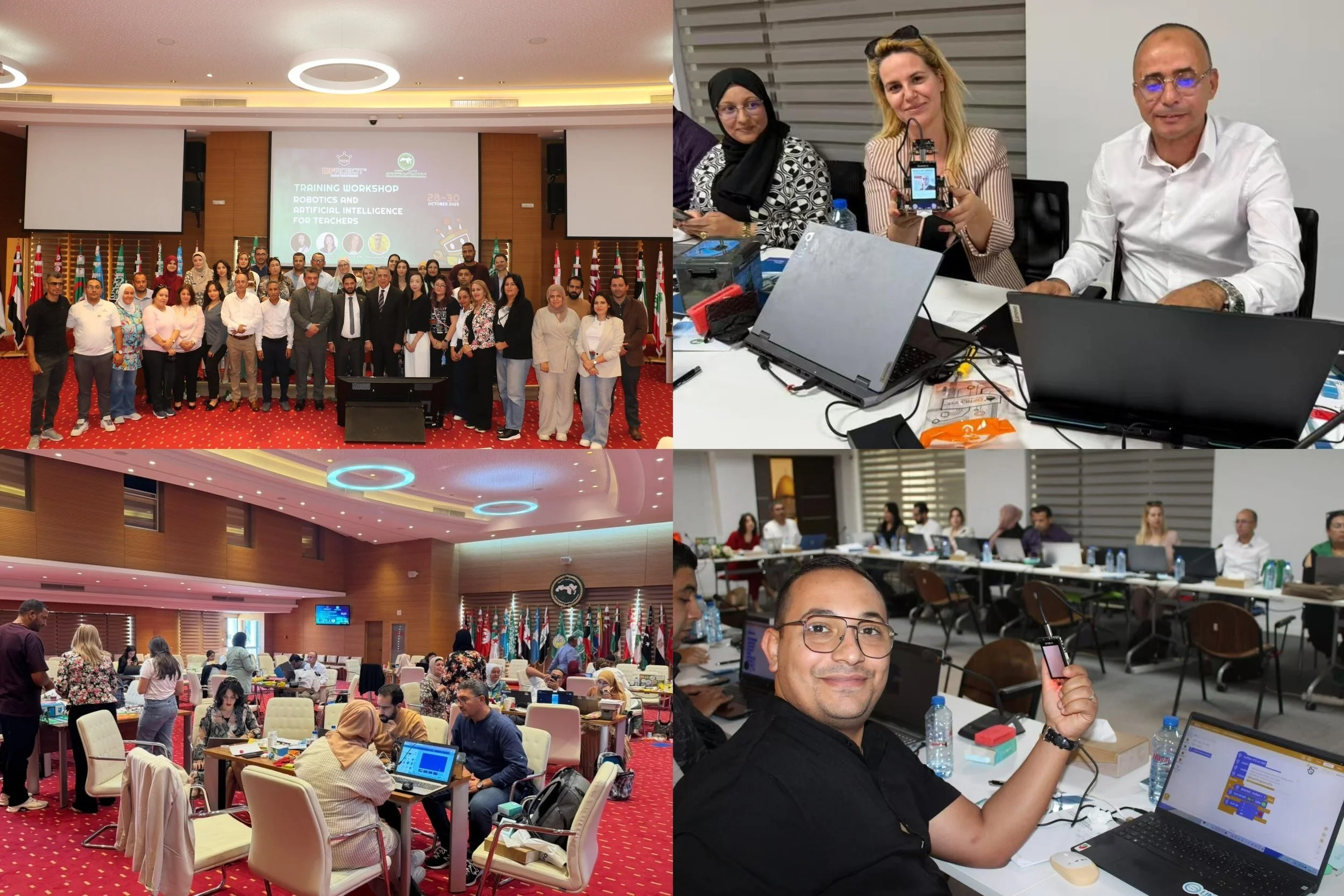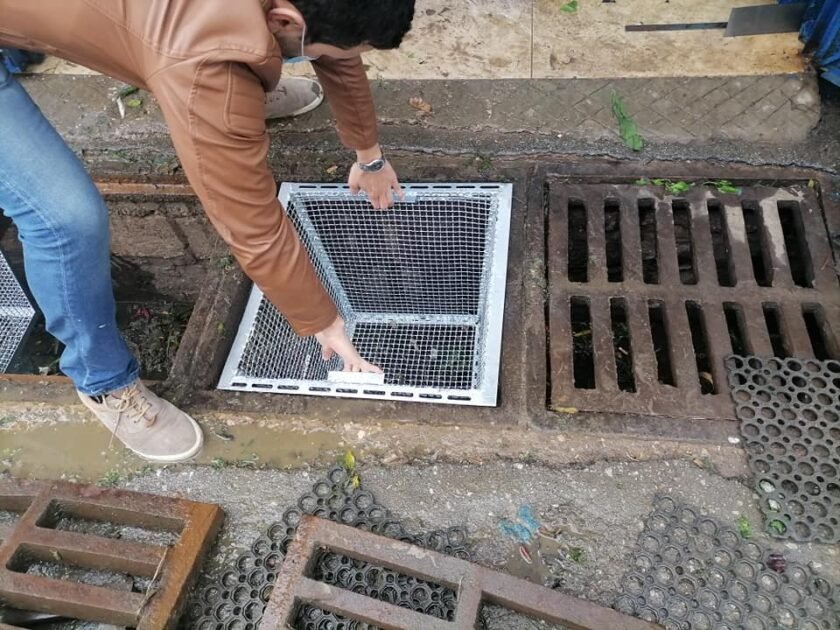A specialized training program in Tunisia is empowering K-12 educators to bring robotics and artificial intelligence directly into their classrooms, marking a significant step toward future-ready education in the region, edtechinnovationhub (ETIH) reports.
The initiative, developed in collaboration with Tunisia’s Ministry of Education and the Arab League Educational, Cultural and Scientific Organization (ALECSO), provided educators with a comprehensive, hands-on journey. Teachers progressed from mastering fundamental skills to designing creative, real-world applications, gaining practical expertise in both robotics and AI.
The curriculum was structured to build competency progressively. Participants began by learning to control robots and implement AI vision applications before advancing to more complex AI development. The training culminated in an AI Maker Hackathon, where educators were challenged to design, build, and present complete AI projects from concept to demonstration.
This practical approach ensured that teachers could immediately incorporate their new skills into science and innovation lessons, adapting the knowledge to design and implement their own AI-based educational projects for students.
“This training embodies our core philosophy: making AI education accessible, engaging, and hands-on,” said Sandy Zhang, Chief Marketing Officer of DFRobot. “By utilizing easy-to-use tools, we empowered educators to effectively master AI teaching skills and learned theoretical knowledge in classroom methods.”
The program is viewed as more than a short-term initiative. Officials emphasize a long-term strategy for a deep and systematic integration of AI into the educational fabric.
“We highly value the shared vision with Tunisia’s Ministry of Education and ALECSO that AI education must be a systematic and deep integration, not a short-term initiative,” Zhang added. “We are committed to building a sustainable ecosystem through three key initiatives: localizing curricula, offering continuous teacher development, and establishing demonstration hubs. These focused efforts will allow us to scale future-ready AI education throughout Tunisia and other Arab countries, ensuring all learners benefit from technological advancement.”
TunisianMonitorOnline (NejiMed)




